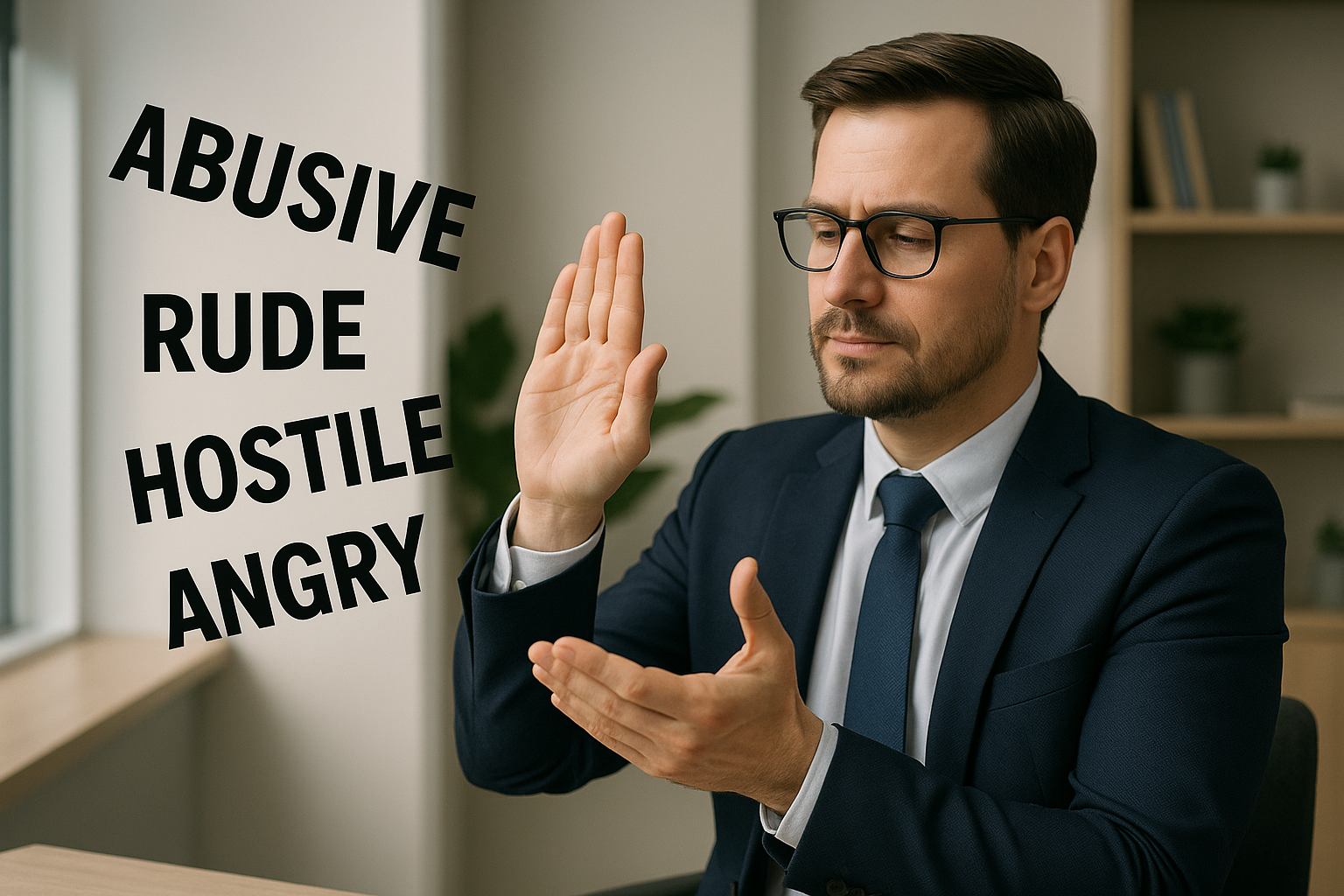How to Master Verbal Self-Defense and Set Unbreakable Boundaries
In a world where words can be as powerful as actions, mastering verbal self-defense and setting unbreakable boundaries is essential for personal and professional well-being. This skill is not just about deflecting insults or standing firm in the face of aggression; it's about cultivating a mindset that prioritizes respect, clarity, and self-worth. As we navigate complex social dynamics, understanding how to assertively communicate our limits while maintaining composure is crucial. This article delves into the intricacies of verbal self-defense, offering insights and strategies to help you stand your ground confidently and respectfully, ensuring your boundaries are recognized and respected.
Understanding the Psychology of Aggression

To effectively defend oneself verbally, it's important to first understand the psychology behind aggression. Aggressive behavior often stems from insecurity, fear, or a need for control. By recognizing these underlying emotions, you can respond with empathy rather than escalation. This understanding allows you to maintain a calm demeanor, which can defuse potentially volatile situations. Additionally, knowing the triggers of aggression helps in predicting and preventing conflicts. By tapping into the psychological motivations of others, you can tailor your responses to not only protect yourself but also foster a more positive interaction.
The Importance of Active Listening

Active listening is a cornerstone of effective communication and a powerful tool in verbal self-defense. By truly hearing what the other person is saying, you can better understand their perspective and respond appropriately. This involves not just listening to words but also paying attention to tone, body language, and emotional cues. Active listening helps in identifying the real issues at hand, allowing you to address them directly and assertively. It also demonstrates respect and empathy, which can de-escalate tension and pave the way for constructive dialogue. Mastering this skill ensures your responses are informed and impactful.
Techniques for Assertive Communication

Assertive communication is key to setting boundaries without aggression. It involves expressing your thoughts and feelings clearly and respectfully, without infringing on others' rights. Techniques such as using "I" statements, maintaining eye contact, and controlling your tone can help convey your message effectively. For example, saying "I feel uncomfortable when..." instead of "You make me feel..." shifts the focus to your experience rather than blaming the other person. This approach not only helps in setting clear boundaries but also encourages mutual respect and understanding. By practicing assertiveness, you empower yourself to communicate with confidence and clarity.
Developing Emotional Resilience

Emotional resilience is crucial in maintaining composure during challenging interactions. It involves the ability to manage stress, recover from setbacks, and remain focused on your goals. Building resilience requires self-awareness, mindfulness, and a positive mindset. Techniques such as deep breathing, meditation, and cognitive reframing can help you stay grounded and prevent emotional hijacking. By strengthening your emotional resilience, you can handle verbal attacks with grace and maintain your boundaries without succumbing to pressure. This inner strength not only protects you but also enhances your ability to navigate complex social situations effectively.
Recognizing and Respecting Personal Boundaries

Understanding and respecting your own boundaries is fundamental to verbal self-defense. This involves knowing your limits, values, and priorities, and being clear about them in your interactions. It's important to communicate these boundaries assertively and consistently, ensuring others understand your expectations. Recognizing when your boundaries are being tested or violated allows you to take appropriate action to protect yourself. This might involve setting firm limits, walking away from toxic situations, or seeking support from others. By honoring your own boundaries, you teach others to do the same, fostering healthier and more respectful relationships.
Strategies for Dealing with Manipulation

Manipulation can be subtle and insidious, making it challenging to identify and counteract. To defend against manipulative tactics, it's essential to recognize common strategies such as guilt-tripping, gaslighting, and playing the victim. Once identified, you can respond with clarity and assertiveness, refusing to be swayed by emotional manipulation. Setting clear boundaries and sticking to them is crucial in these situations. It's also important to trust your instincts and seek outside perspectives when in doubt. By staying vigilant and informed, you can protect yourself from manipulation and maintain control over your interactions.
The Role of Non-Verbal Communication

Non-verbal communication plays a significant role in verbal self-defense and boundary setting. Body language, facial expressions, and tone of voice can convey confidence and assertiveness, reinforcing your verbal messages. For instance, maintaining an open posture, making appropriate eye contact, and using a calm, steady voice can enhance your credibility and influence. Being aware of your own non-verbal cues, as well as those of others, allows you to adjust your approach and respond more effectively. By mastering non-verbal communication, you can project strength and authority, making it clear that your boundaries are not to be crossed.
Building a Support Network

Having a strong support network is invaluable in mastering verbal self-defense. Friends, family, and colleagues can provide encouragement, advice, and perspective, helping you navigate difficult situations. They can also offer a safe space to practice assertive communication and receive constructive feedback. Building a support network involves cultivating relationships based on trust, respect, and mutual understanding. By surrounding yourself with people who respect your boundaries and support your growth, you reinforce your ability to stand firm in the face of challenges. This network acts as a buffer against negativity and a source of strength in maintaining your boundaries.
Continuous Learning and Adaptation

Mastering verbal self-defense and boundary setting is an ongoing process that requires continuous learning and adaptation. As social dynamics evolve, so too must your strategies and techniques. Staying informed about communication trends, psychological insights, and personal development practices can enhance your skills and effectiveness. Reflecting on past experiences, seeking feedback, and being open to change are essential components of growth. By committing to lifelong learning and adaptability, you ensure that your verbal self-defense skills remain sharp and your boundaries unbreakable, empowering you to navigate any situation with confidence and poise.